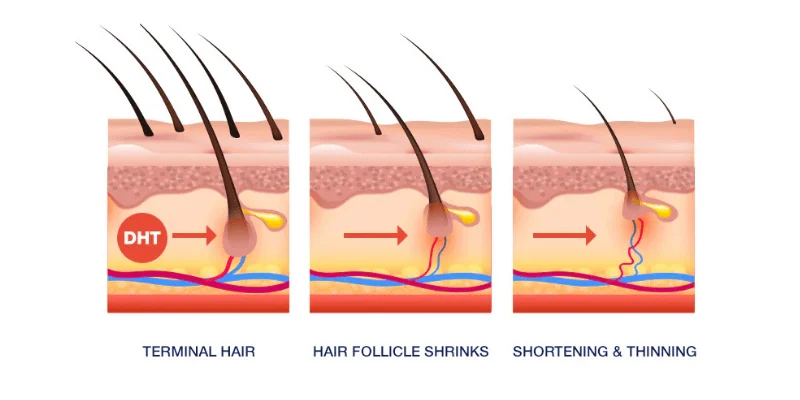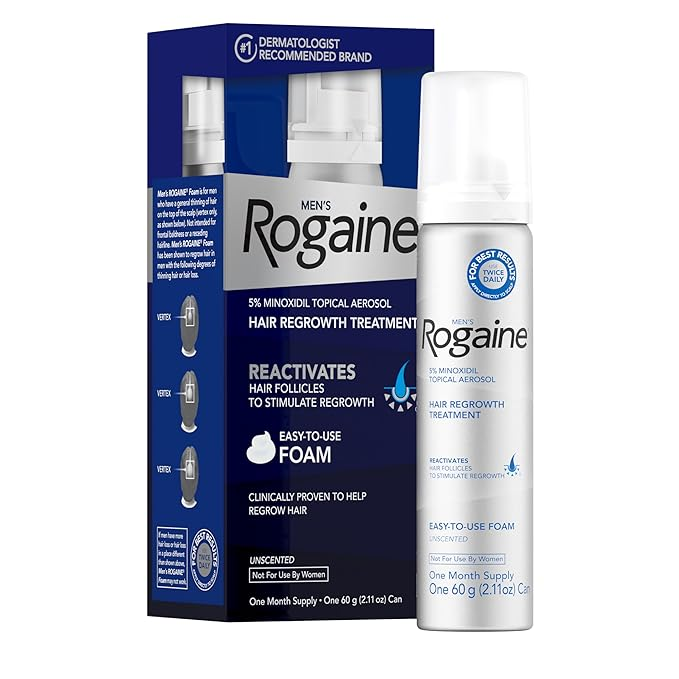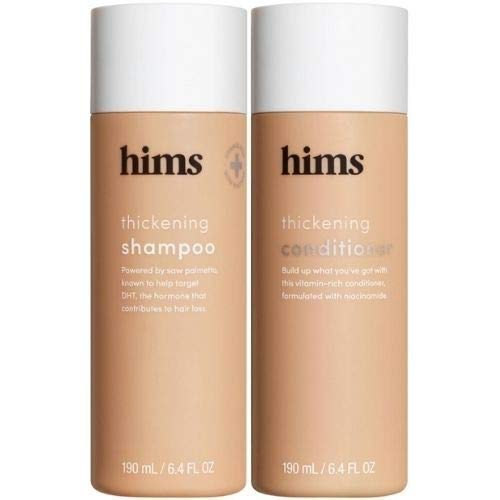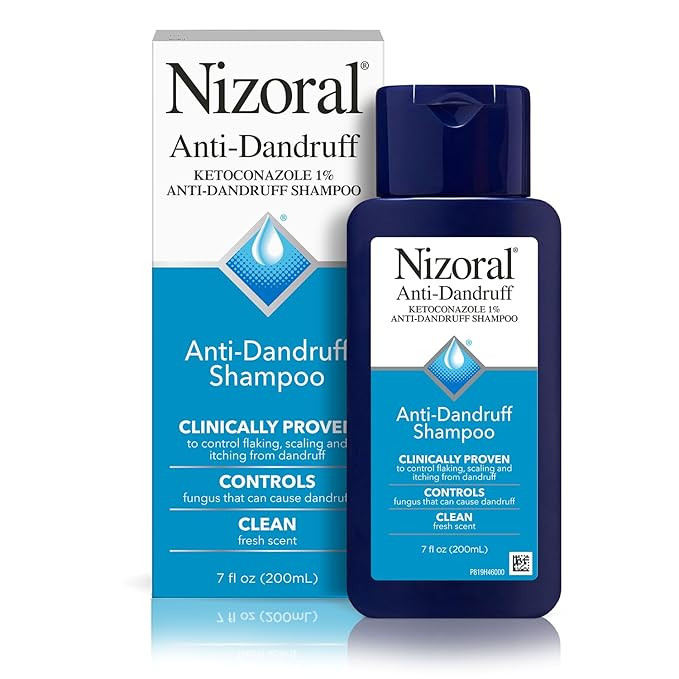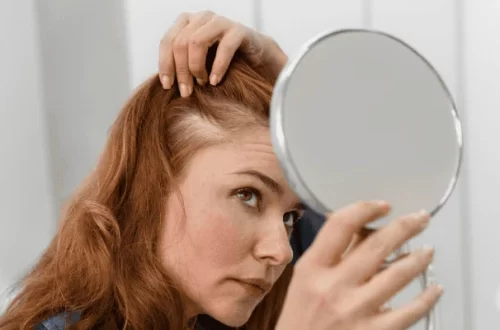Hair loss is one of the most common concerns for men, affecting millions worldwide. While some hair shedding is normal (we lose about 50-100 hairs daily), excessive thinning or bald patches can be alarming. Many men assume that balding is inevitable, but the truth is that understanding the root causes can help you take control.
This in-depth guide explores all the primary reasons men lose hair, from well-known causes such as genetics to lesser-known factors like sleep habits. We’ll also provide proven solutions, including medical treatments, lifestyle modifications, and product recommendations that are effective.
1. Genetics: Male Pattern Baldness (The Most Common Culprit)
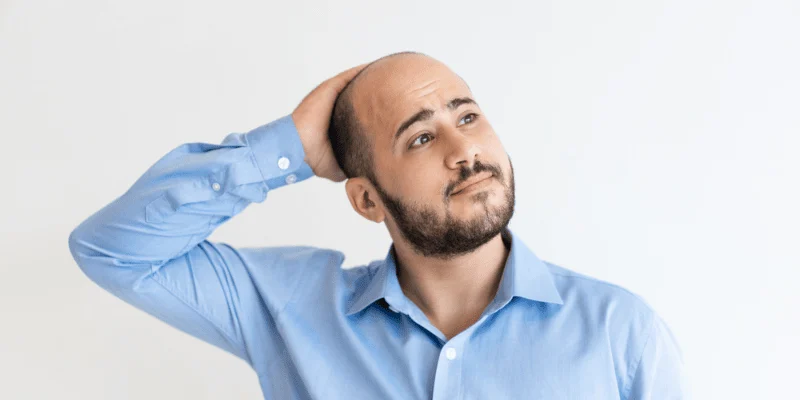
About 80% of male hair loss is due to androgenetic alopecia (male pattern baldness). If your father or grandfather had a receding hairline or bald spot, you’re more likely to experience it too.
How Male Pattern Baldness Works:
- DHT (Dihydrotestosterone), a byproduct of testosterone, attacks hair follicles.
- Over time, follicles shrink, producing thinner, weaker hair until they stop growing altogether.
- Hair loss typically follows a pattern: receding hairline first, then thinning at the crown.
What You Can Do About It:
✔ Minoxidil (Rogaine) – A topical treatment that stimulates hair growth.
✅ Rogaine Men’s 5% Minoxidil Foam – FDA-approved, easy to apply, works best in the early stages.
Formulated with 5% minoxidil, this unscented topical foam from the #1 dermatologist recommended hair regrowth brand to treat thinning hair & is clinically proven to improve hair regrowth by 4x by 16 weeks
✔ Finasteride (Propecia) – A prescription pill that blocks DHT (more effective but requires a doctor’s visit).
✔ Low-Level Laser Therapy (LLLT) – Devices like laser combs or caps may help slow hair loss.
Myth Buster: Wearing hats or using hair gel does not cause baldness. Genetics and hormones are the real triggers.
2. Hormonal Imbalances: The DHT Problem
Even if you don’t have strong balding genes, high DHT levels can still lead to thinning hair. Some men produce more DHT naturally, while others see spikes due to stress, diet, or ageing.
Signs of DHT-Related Hair Loss:
- Temples receding first (classic “M-shaped” hairline)
- Thinning at the crown (bald spot forming)
- Hair feels finer and weaker
How to Lower DHT Naturally:
✔ Saw Palmetto – A natural DHT blocker found in supplements and shampoos.
✅ Hims Hair Thickening Shampoo – Saw Palmetto DHT Blocker – Helps reduce scalp DHT buildup.
Supports Hair Growth & DHT Targeting. Adds Volume + Moisture. Formulated Saw Palmetto + Niacinamide. Vegan, Paraben, Sulfate, Cruelty Free.
✔ Pumpkin Seed Oil – Studies suggest it may help block DHT.
✔ Green Tea Extract – Contains EGCG, which may inhibit DHT production.
Important Note: If you’re considering finasteride, talk to a doctor—it’s more potent but has potential side effects.
3. Stress & Lifestyle: How Daily Habits Affect Hair
Chronic stress doesn’t just make you anxious—it can make your hair fall out. There are two main types of stress-related hair loss:
A. Telogen Effluvium (Temporary Shedding)
- Stress prompts hair follicles to enter a “resting phase,” resulting in sudden shedding.
- Usually happens 3-6 months after a stressful event (surgery, divorce, job loss).
- Hair typically grows back once stress is managed.
B. Trichotillomania (Hair-Pulling Disorder)
- A compulsive urge to pull out hair (often due to anxiety).
- Requires behavioural therapy or stress management techniques.
How to Fix Stress-Related Hair Loss:
✔ Exercise Regularly – Reduces cortisol (stress hormone) levels.
✔ Sleep 7-8 Hours – Poor sleep increases hair fall.
✔ Try Adaptogens – Ashwagandha and rhodiola help the body handle stress.
✅ Nutrafol Men – Hair Growth Nutraceutical – Contains stress-fighting ingredients.
Physician-formulated hair growth supplement for men, that multi-targets key root causes of hair thinning for thicker, fuller hair. 100% drug free.
4. Poor Diet & Nutrient Deficiencies
Your hair needs specific vitamins and minerals to stay strong. A bad diet can lead to deficiencies that accelerate hair loss.
Top Nutrients for Hair Growth:
Nutrient | Role in Hair Health | Best Food Sources |
Biotin | Strengthens hair | Eggs, nuts, and salmon |
Iron | Prevents anaemia-related hair loss | Spinach, red meat, and lentils |
Zinc | Repair hair follicles | Oysters, pumpkin seeds |
Vitamin D | Stimulates follicles | Sunlight, fatty fish |
Protein | Hair is made of keratin (a protein) | Chicken, beans, Greek yogurt |
Signs You Might Be Deficient:
- Brittle, thinning hair
- Slow growth
- Dandruff or dry scalp
Fix It With:
✔ A balanced diet rich in proteins, vitamins, and minerals.
✔ A hair growth supplement if your diet is lacking.
5. Scalp Conditions That Cause Hair Loss
A healthy scalp = healthy hair. If you have dandruff, fungus, or inflammation, it can block hair growth.
Common Scalp Problems:
Condition | Symptoms | Treatment |
Dandruff | Flaky, itchy scalp | Anti-dandruff shampoo |
Seborrheic Dermatitis | Red, oily, scaly patches | Medicated shampoo (ketoconazole) |
Psoriasis | Thick, silvery scales | Coal tar or salicylic acid treatments |
✅ Nizoral Anti-Dandruff Shampoo (1% Ketoconazole) – Fights fungus and reduces flaking.
Clinically proven to control flaking, scaling and itching from dandruff. Nizoral is so powerful it can even control severe dandruff. The only over the counter dandruff shampoo with Ketoconazole 1%, a clinically proven, powerful dandruff fighting ingredient.
6. Bad Hair Care Habits
Sometimes, the way you treat your hair is the problem.
Common Mistakes That Cause Hair Loss:
❌ Overwashing – Strips natural oils, leading to dryness.
❌ Hot Showers – Can damage hair follicles.
❌ Tight Hairstyles (man buns, braids) – Causes traction alopecia.
❌ Heat Styling (blow dryers, straighteners) – Weakens hair over time.
How to Fix It:
✔ Wash hair 2-3 times a week (not daily).
✔ Use lukewarm water instead of hot.
✔ Avoid tight ponytails or man buns.
✔ Apply heat protectant before styling.
7. Illness & Medication Side Effects
Certain health conditions and drugs can trigger hair loss.
Medical Conditions Linked to Hair Loss:
- Thyroid disorders (hypothyroidism/hyperthyroidism)
- Autoimmune diseases (alopecia areata)
- Chronic illnesses (diabetes, lupus)
Medications That May Cause Hair Fall:
- Blood pressure meds (beta-blockers)
- Antidepressants
- Chemotherapy drugs
If you suspect a medical cause, see a dermatologist.
8. When to See a Doctor
Most hair loss can be managed at home, but see a specialist if:
⚠ Hair falls out in clumps.
⚠ Bald patches appear suddenly.
⚠ The scalp is red, painful, or scaly.
⚠ You have other symptoms (fatigue, weight changes).
A doctor can check for thyroid issues, infections, or autoimmune conditions.
9. Prevention: How to Keep Your Hair Healthy
Daily Habits to Reduce Hair Fall:
✔ Massage your scalp (boosts blood flow).
✔ Use a wide-tooth comb (prevents breakage).
✔ Trim split ends regularly.
✔ Avoid smoking & excessive alcohol (bad for circulation).
Best Hair Growth Routine:
- Shampoo (DHT-blocking or anti-dandruff).
- Conditioner (keeps hair hydrated).
- Minoxidil (if you have genetic hair loss).
- Supplements (biotin, zinc, and iron if needed).
Final Thoughts
Hair loss in men is not always inevitable. While genetics plays a significant role, stress, diet, scalp health, and hair care habits also play a crucial part.
Quick Action Plan:
- Identify the cause (genetics, stress, diet?).
- Use the right products (Minoxidil, DHT blockers, etc.).
- Improve lifestyle (sleep, diet, stress management).
- See a doctor if needed (for sudden or severe hair loss).
With the right approach, you can slow down hair loss and even regrow hair. Start today!
